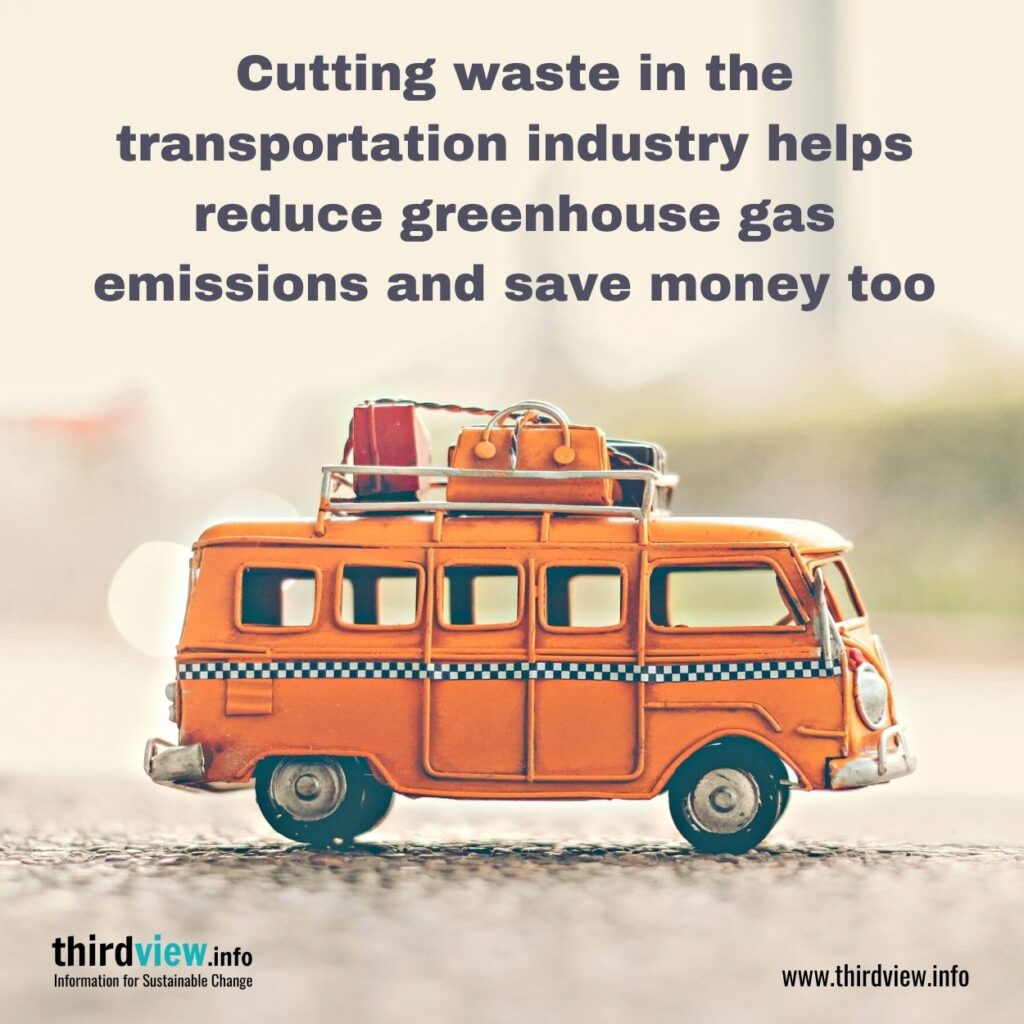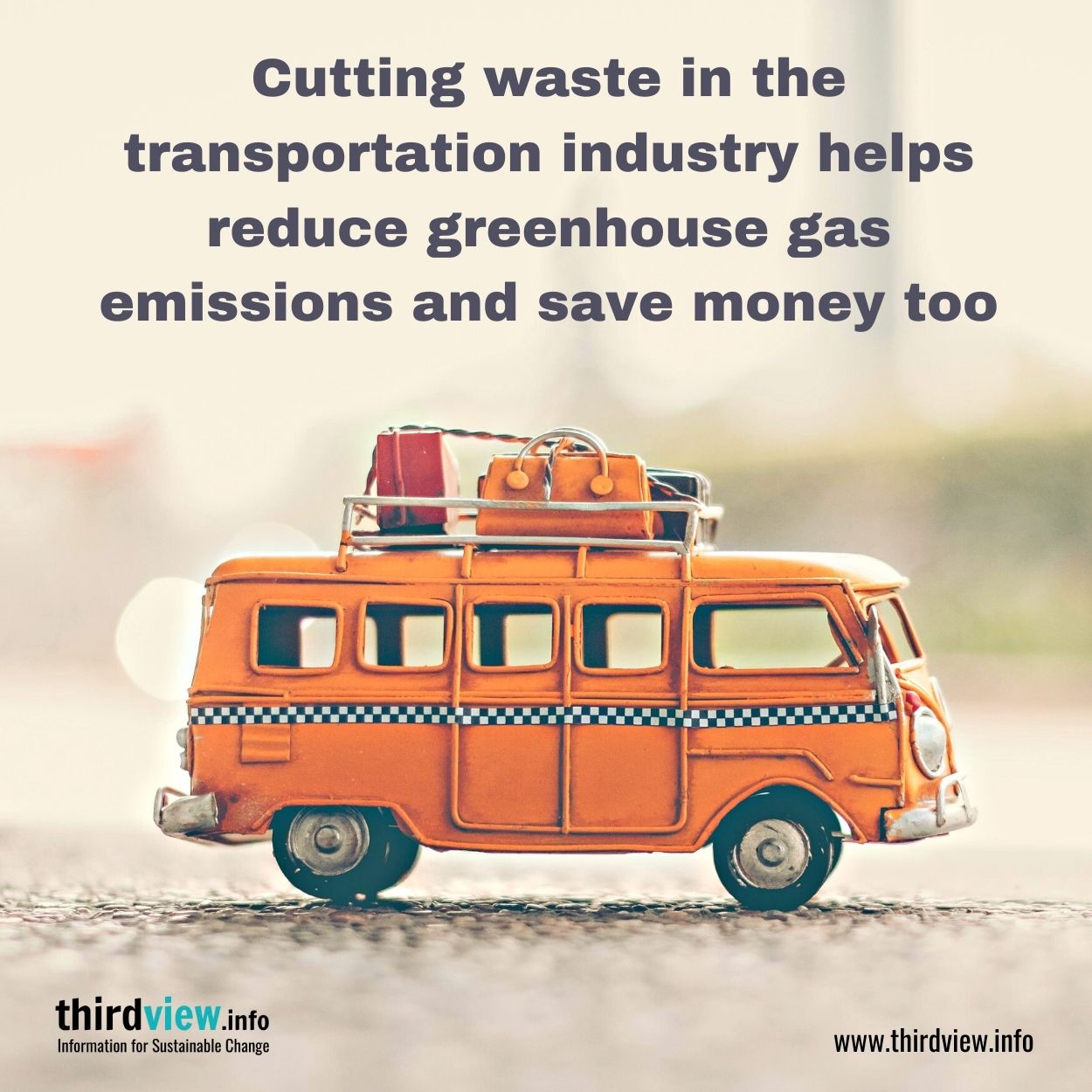The transportation industry plays an important role in our global economy and is also one of the largest contributors to global waste. As such, it is essential to reduce waste in the transportation industry as much as possible. This will not only save money but also help protect the environment. In this blog post, we’ll discuss why reducing waste is so important for the transportation industry and how it can be done.
Why It Is Important to Reduce Waste in the Transportation Industry
Reducing waste in the transportation industry is beneficial for a few reasons. First and foremost, it helps conserve natural resources. Every gallon of gas or diesel used by a vehicle while transporting goods results in emissions being released into the air, which has a negative effect on the environment. Reducing emissions reduces our carbon footprint and helps us preserve valuable resources like oil and gas. Additionally, every pound of material that is wasted during transport adds extra weight to cargo loads—which means more fuel consumption and higher costs for businesses due to increased wear and tear on vehicles. Lastly, reducing waste promotes efficiency within an organization by ensuring products are delivered on time without delays caused by excess materials or inefficient processes that lead to increased fuel consumption.
Ways to Reduce Waste in the Transportation Industry
There are several ways businesses can reduce waste in their transportation operations. One way is to use lighter packaging materials such as cardboard instead of plastic containers or wooden crates when shipping products. This not only conserves resources but also saves money on fuel costs since lighter materials require less energy for transport. Businesses should also consider using reusable packaging whenever possible because it eliminates disposal costs associated with single-use packaging materials like Styrofoam or bubble wrap.
Additionally, businesses should look into optimizing routes for delivery drivers so they spend less time idling in traffic or making unnecessary stops along the way—both of which increase fuel consumption while resulting in wasted time and money.
Companies should look into ways to streamline their operations and increase efficiency. By using more sophisticated software systems, companies can track their vehicles’ mileage more accurately and identify areas where they can improve fuel efficiency and cut back on wasteful spending.
Finally, implementing telematics systems that monitor driver behaviour can help identify inefficient practices such as speeding or failing to adhere to safety protocols while also helping save money on fuel costs due to improved route optimization over time.
Reducing waste in the transportation industry is essential for both environmental preservation and economic efficiency purposes. By utilizing lighter packaging materials, switching from single-use disposable materials to reusable packaging options, optimizing routes for delivery drivers, streamlining operations and implementing telematics systems that monitor driver behaviour—businesses can greatly reduce their environmental impact while saving money at the same time. With these tips, transportation professionals can help make their operations more sustainable and cost-effective than ever before.


